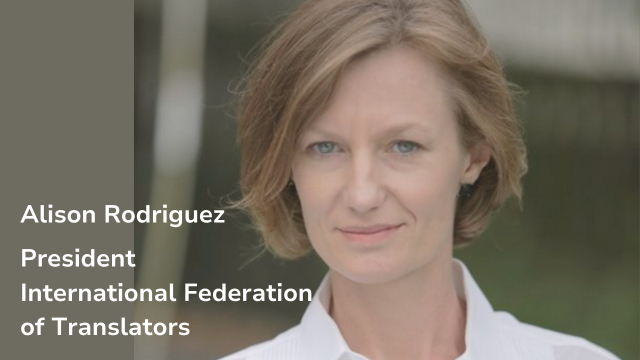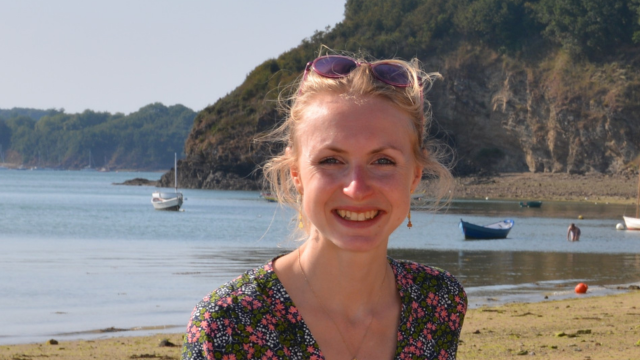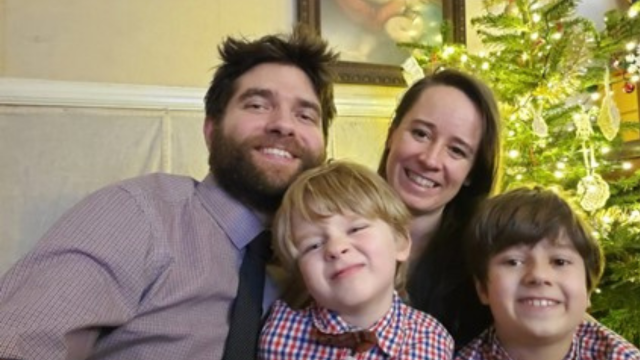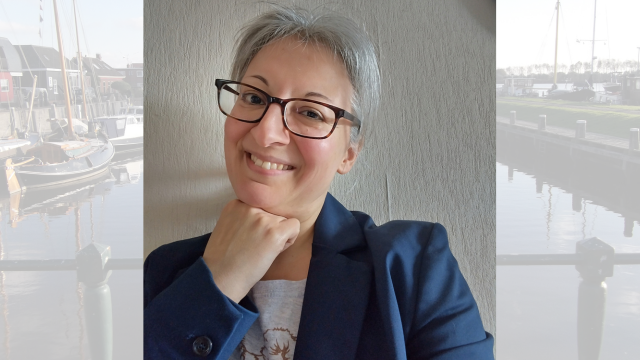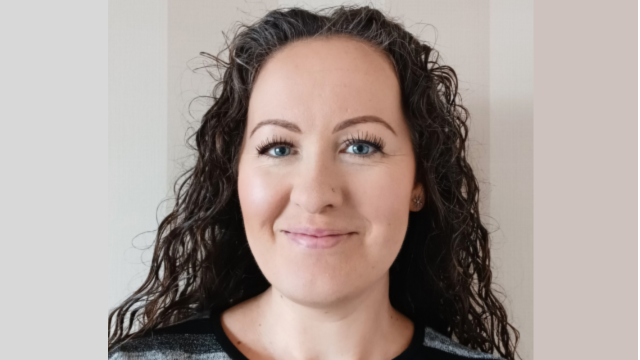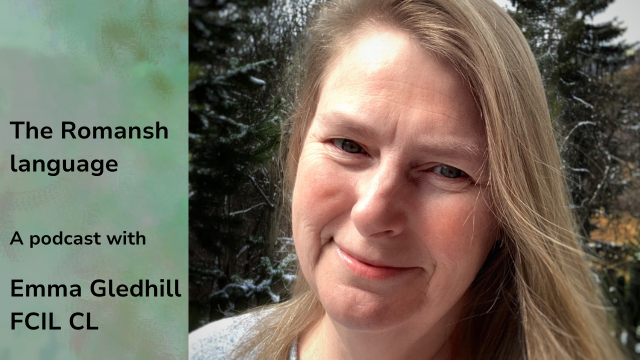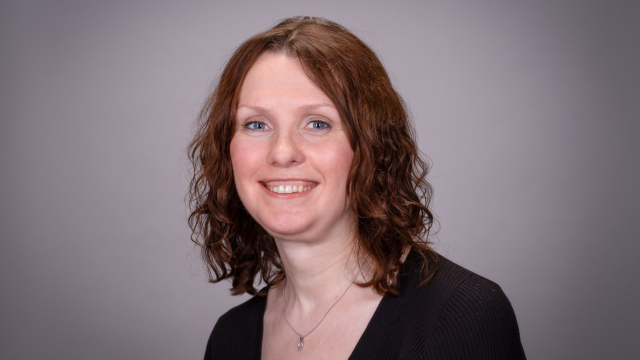-
QUALIFICATIONS
- For Linguists Worldwide
- For UK Public Services
- Preparation
- Policies & Regulation
-
MEMBERSHIP
- Join CIOL
- Membership grades
- NEW for Language Lovers
- Chartered Linguist
- Already a member?
- Professional conduct
- Business & Corporate Partners
-
ASSESSMENTS
- For Second Language Speakers
- English as a Second Language
-
TRAINING & EVENTS
- CPD, Webinars & Training
- Events & Networks
- CIOL Mentoring
-
NEWS & VOICES
- News & Voices
- CIOL eNews
- CIOL Awards
- The Linguist
- Jobs & Ads
-
RESOURCES
- For Translators & Interpreters
- For Universities & Students
- Standards & Norms
- CIOL & AI
- APPG
- In the UK
- UK Public Services
- Find-a-Linguist
Machine Translation and the implications for public policy
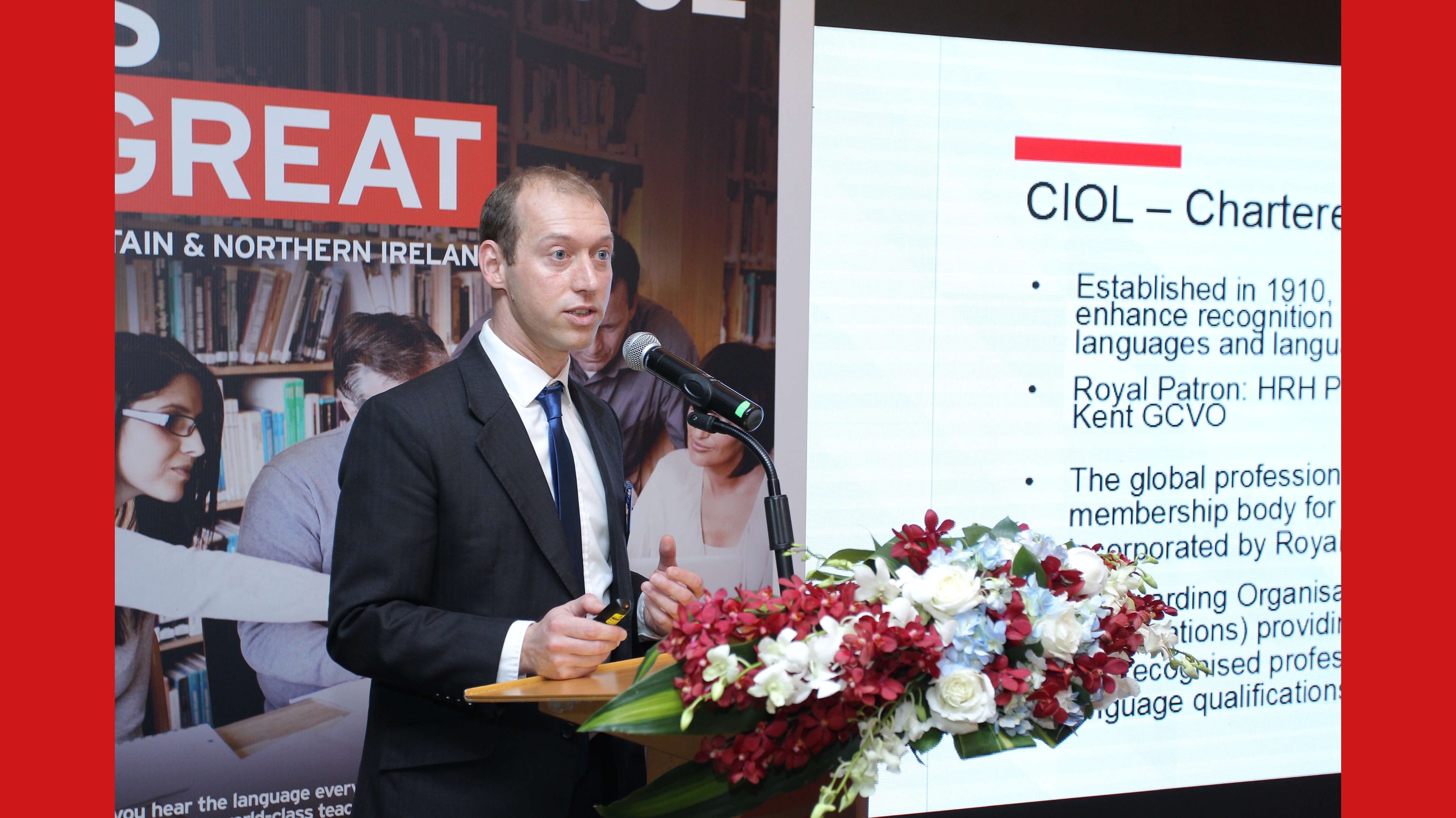
In a previous blog I explored Is Machine Translation replacing human translators? My conclusion was that the best answer for the present and foreseeable future is “Augmented Translation” mutually reinforcing human-machine translation workflows but with the human to the fore.
CIOL explored this topic at a recent All Party Parliamentary Group meeting in the House of Lords on AI and Machine Translation and their implications for public policy. The meeting was set up in response to a Freedom of Information Request made to 68 large UK Public sector organisations made by Neil Coulson and the University of Surrey’s Centre for Translation Studies (CTS Surrey) on their MT policies. Every single organisation contacted stated that they did not have a policy in place covering MT use, had no research on the topic, did not monitor their core organisational or staff’s ad-hoc use of MT.
I opened the meeting explaining to the parliamentarians some definitions of MT and how the MT "Hype Cycles" have either over or under-estimated the quality. Now we are back at a peak in the hype cycle I wanted to share what this means for public policy.
I explained to the parliamentarians how MT is used in in the language industry and how it is a useful and ever more widely used tool (along with many others such as translation memory, glossaries, etc).
Having explained something of the usage in the language industry/profession and strengths and weaknesses of MT, we moved onto areas of potential concern for public policy and public service contexts.
CTS Surrey with Felix do Carmo and Sabine Braun made a plea that MT be considered as “Artificial Translation” rather than “Machine Translation” and made some considered and well-evidenced suggestions for regulation and public policy to promote public safety and protect public service data.
Lucas Nunes Vieira from the University of Bristol then gave examples from his research on MT use in society - and gave some practical examples of situations where MT was downright dangerous. But he also flagged others where the situation was more nuanced and MT could be considered to have served a positive purpose. Lucas also outlined the next research piece that the University of Bristol and CIOL will be collaborating on which will deepen our “Understanding the role of online translation tools in high stakes professional sectors”.
Then Guto Dafydd from the Welsh Government Translation Service explained how they use MT along with other translation tech tools to support translators and government. As so often the approach in Wales is admirable: considered, properly resourced and led by linguists. There was also input from GCHQ on their use of MT for “gist” and initial parsing of documents and how they have linguists at the very heart of their policy and work.
A detailed Q&A followed. It was clear that parliamentarians were very interested in this area, fully recognised the trade offs between public safety and public benefit and saw the societal impacts that changes in the use of translation technology are bringing.
One of the purposes of the All Party Parliamentary Group on Modern Languages is to provide a parliamentary forum for information exchange and consultation on all aspects of languages. It was a rich session and all the participants were glad to have been able to contribute to a greater understanding and perhaps a higher profile for the risks and issues of AI and Machine Translation.
What stood out though was the central role of the human – front line public service workers, linguists and policy makers in ensuring translation services are safe, secure and support public need and benefit.
Dom Hebblethwaite is the Head of Ventures for the Chartered Institute of Linguists.
For more on Dom see his profile here.
Views expressed on CIOL Voices are those of the writer and may not represent those of the wider membership or CIOL.
Filter by category
More
The Chartered Institute of Linguists (CIOL), Incorporated by Royal Charter, Registered in England and Wales Number RC 000808 and the IoL Educational Trust (IoLET), trading as CIOL Qualifications, Company limited by Guarantee, Registered in England and Wales Number 04297497 and Registered Charity Number 1090263.

